No More Diesel Vehicles Due to Pollution
Although diesel engine vehicles are known for their fuel efficiency and have been popular in Europe, now many cities are planning to ban these vehicles, putting diesel engines at risk of extinction.
Despite diesel engines helping manufacturers meet the EU’s average CO2 emissions regulation of 95 g/km, recent negative incidents related to these engines have raised concerns.
 Many European countries are restricting diesel vehicles
Many European countries are restricting diesel vehicles
Previously, 13 European and North American countries announced plans to ban all petrol and diesel vehicles by 2050. Last year, mayors of cities such as Paris, Madrid, Athens, and Mexico City jointly drafted plans to completely ban diesel vehicles in these cities by 2025. In Germany, there are currently two cities, Stuttgart and Munich, considering banning diesel vehicles from being produced within the next 3 years.
Starting in October, London will impose an additional £10 charge on diesel vehicles that don’t meet Euro 4 emission standards. This news immediately disrupted the automobile market, with diesel vehicles accounting for only 40% of total car sales in the first few months of 2017, a decrease from the 45.8% rate from last year and the peak of 48.1% in 2012.
Losing a Good Option
The notion that diesel vehicles are slow and cause pollution has led European countries to want to eliminate vehicles that use diesel fuel.
However, comparisons from the technical departments of various car brands show that diesel vehicles still have many advantages worth considering compared to petrol vehicles. First, diesel vehicles hold their value better than petrol vehicles in the same condition. Second, since diesel fuel prices are always lower than petrol prices, diesel vehicles are more cost-effective for long-distance trips. Thirdly, diesel vehicles provide more flexible operation compared to petrol vehicles. Thanks to generating more torque than petrol engines, drivers don’t have to shift gears as often.
 Banning diesel vehicles means consumers lose many options
Banning diesel vehicles means consumers lose many options
With these advantages, diesel vehicles are present everywhere. In Europe, diesel vehicles are still preferred, leading luxury car brands such as BMW and Mercedes to continue producing diesel engines. Ford and Toyota also have a considerable number of vehicles that use diesel engines. Among them, the best-selling models from these two brands, Toyota Fortuner and Ford Focus, both use diesel engines.
As in the world, in Vietnam, diesel vehicles from these two leading car brands have strong sales. Although there are no detailed statistics on the number of diesel vehicles from these two brands in Vietnam, almost all large-sized vehicles use diesel engines. Among them, 90-95% of the Ford Transit mini bus models sold in the market use diesel engines. The same goes for the Hiace models from Toyota.
The number of diesel vehicles sold is much higher than petrol vehicles. Business owners choose diesel vehicles because “besides reducing fuel costs, diesel engines have a higher load capacity and are less prone to minor breakdowns”.
If diesel vehicles are phased out, many car manufacturers will suffer significant losses. Consumers will also lose an option for using diesel fuel, which is both cost-effective and reliable.
Chich (forum.autodaily.vn)

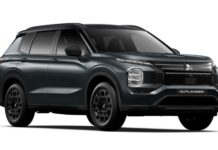

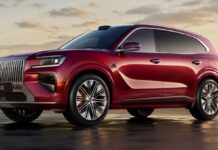
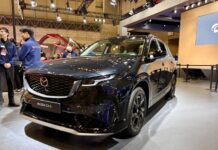




















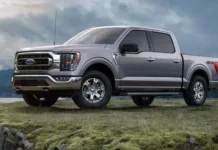
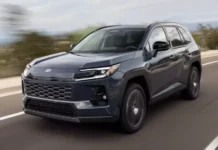
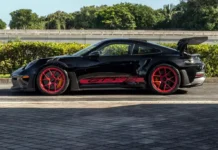
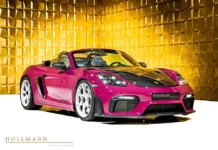









![[Quick Encounter] First-Ever VinFast VF9 Delivered to Customers](https://vnauto.net/wp-content/uploads/2024/02/xehay-vinfastvf9-27032023-3-100x70.jpg)

![[QUICK REVIEW] Nissan Kicks e-Power: A Unique Hybrid Experience](https://vnauto.net/wp-content/uploads/2023/11/xehay-NissanKicks-02112022-4-100x70.jpg)